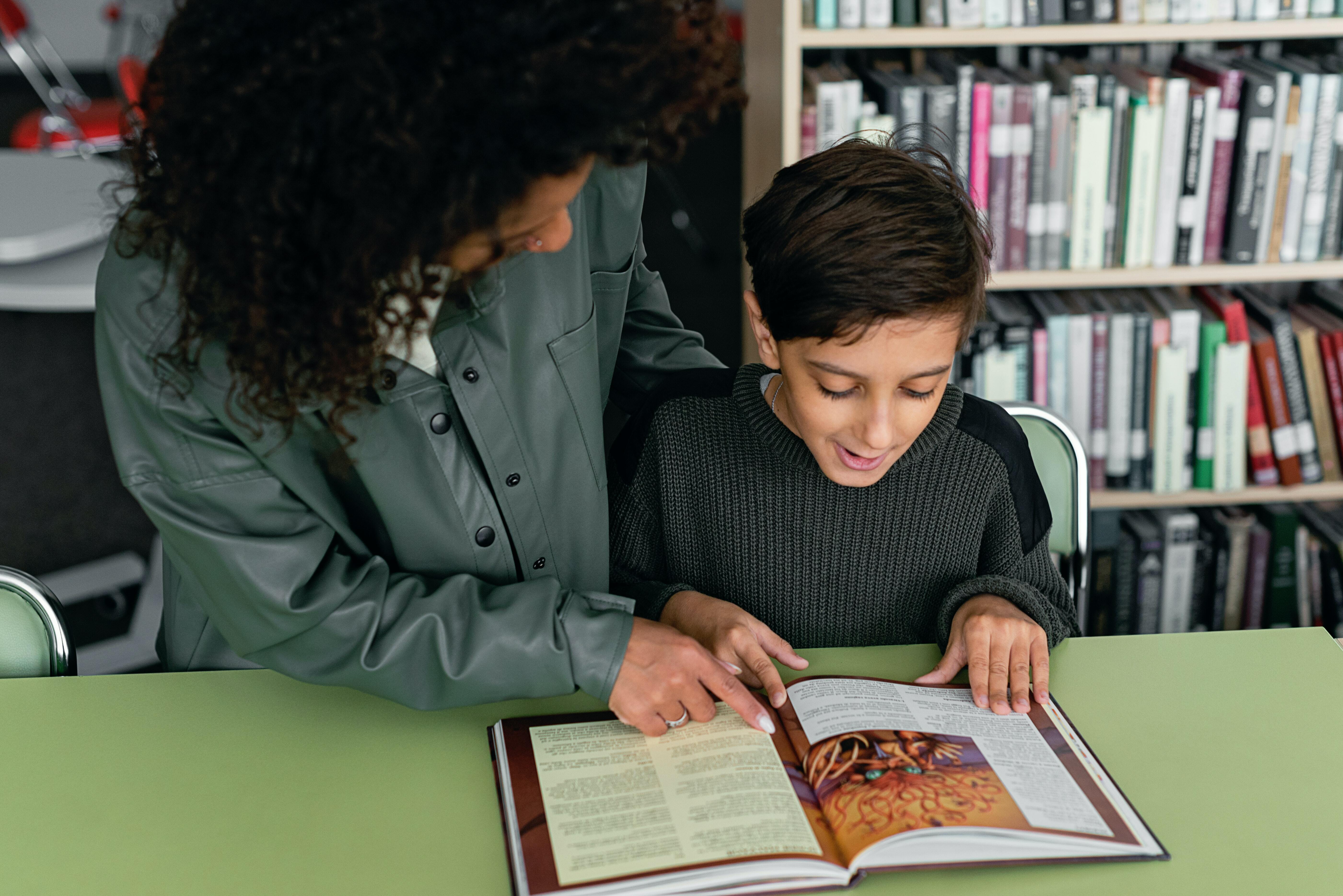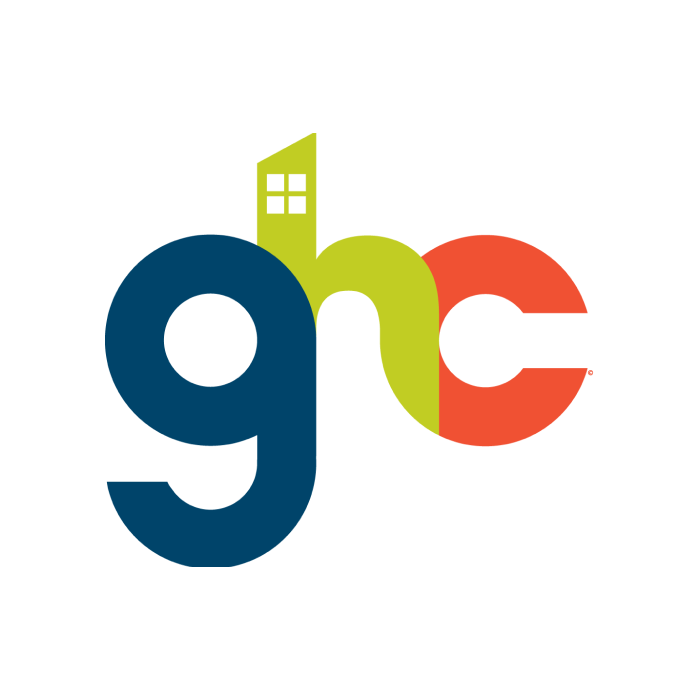- Benefits of Homeschooling in New York
- New York Homeschool Laws
- Step One: Submit a Notice of Intent
- Step Two: Submit an Individualized Home Instruction Plan (IHIP)
- Step Three: Comply with day, hour, and subject requirements
- Step Four: File Quarterly Reports
- Step Five: Perform an Annual Assessment
- Benefits of an HSLDA Membership
- Getting Started Homeschooling in New York
- Choosing a Home Instruction Program
- Resources for Home Instruction
New York State offers many advantages to parents who choose to homeschool their children. With its robust educational environment, families can find the perfect setting to develop their children's academic skills while exploring and discovering the world around them.
The state is home to a plethora of libraries, museums, parks, and other attractions that can help make learning come to life. Not only this, but New York also has a wealth of resources available for homeschooling parents looking to get started.
In this post, we'll explore New York state laws regarding homeschooling and the available resources parents can take advantage of if and when they choose to start their own homeschool journey.
Benefits of Homeschooling in New York
Homeschoolers nationwide have known the benefits of a home education for decades - more flexibility, more control over curriculum, more quality time with kids as they grow and develop. But each state has its own requirements, some more than others, and homeschooling in NY is very different than homeschooling in Ohio or any other state.
Despite the tight homeschooling regulations of New York state law, thousands of families renew their commitment to homeschooling every year because they understand the advantages it provides their kids over attending public school or private school. Advantages like increased safety and enhanced social and emotional health compared to their peers.

But, before you dive in head-first and begin homeschooling with little-to-no preparation, let's read all the fine print about New York's homeschool laws.
Take a deep breath. Here we go.
New York Homeschool Laws
The Empire State has some of the strictest regulations in the country regarding home education. However, parents are legally entitled to the right to provide home instruction should they choose. So don't despair.
It's essential to understand and carefully comply with each and every New York homeschool law. To do so, parents much first be familiar with New York homeschooling laws and regulations.
The Homeschool Legal Defense Association is a wonderful resource for homeschool students and their families to research any and all New York homeschooling requirements. We'll go through them step-by-step here as well.

Step One: Submit a Notice of Intent
By July 1, or within 14 days of establishing your homeschool program, you must submit a letter of intent to homeschool to the local district superintendent. Families who live in New York City should notify the New York City Department of Education’s Office of Home Schooling instead.
Because of COVID protocols, the Office of Home Schooling has not been processing paperwork that has been mailed in (either at all or on a very delayed basis). Because of this we would recommend that you submit your notice of intent via email to [email protected] (for submission of letters of intent to homeschool only). All other paperwork may be emailed to [email protected] (for general inquiries and document submission).
Step Two: Submit an Individualized Home Instruction Plan (IHIP)
Every year you're required to submit an IHIP. The deadline for submission is August 15 or within four weeks of receipt of the IHIP submission form, whichever is later.
Step Three: Comply with day, hour, and subject requirements
Homeschool students are required to meet the "substantial equivalent" of 180 days of school each year. You must maintain attendance records showing your child's compliance.
Additionally, there are hourly requirements which homeschooled students must meet each year.
Grades 1-6: 900 hours
Grades 7-12: 990 hours
The subject requirements are determined by grade and are as follows:
- Grades K-12
Patriotism and citizenship
Health education about substance abuse/tobacco misuse
Highway safety/traffic regulations and safety (including bicycle safety)
Fire safety
US and New York state history constitutions (at least once before grade 9)
- Grades 1-6
Arithmetic
Reading
Spelling
Writing
English
Geography
United States History
Science
Health education
Music
Visual arts
Physical education
- Grades 7-8
English (2 credits)
History and geography (2 credits)
Science (2 credits)
Mathematics (2 credits)
Art (1/2 credit)
Music (1/2 credit)
Physical education (on a regular basis)
Health education (on a regular basis)
Practical arts (on a regular basis)
Library skills (on a regular basis)
- Grades 9-12
Mathematics (2 credits)
English (4 credits)
Social studies, including American history, participation in government, and economics (4 credits)
Science (2 credits)
Art or music (1 credit)
Health (1/2 credit)
Physical education (2 credits)
Electives (3 credits)
NOTE: 1 credit = 108 hours of education
Step Four: File Quarterly Reports
Each quarter, reports must be submitted to the district superintendent. These should describe the material covered during the quarter, the number of hours of instruction given, and the grade given or evaluation in each subject.
Step Five: Perform an Annual Assessment
Some sort of assessment or evaluation is required every school year you homeschool in New York. The rules change slightly depending on the age of your child.
During grades 1-3, you can choose to either have your student take a standardized test or submit a written narrative evaluation.
During grades 4-8, students must take standardized tests at least every other year. During the alternate years, you may choose to either take the standardized test or submit a written narrative evaluation.
Standardized tests are required every year throughout your student's at-home high school education.
There is a list of approved standardized tests to choose from and they may be administered in the local school district or at a registered nonpublic school. You can find a list of the approved tests on HSLDA.
Written narrative evaluations may be conducted by a certified teacher, a home instruction peer group review panel, or other person with the consent of the local superintendent.

Obviously, there's a lot of I's to dot and T's to cross, but over 54,000 people have chosen homeschooling in New York, a 65% increase post COVID-19 and you can do the same!
Benefits of an HSLDA Membership
We've mentioned and referenced HSLDA a lot, but there's a very good reason for that - it's one of the BEST resources out there for homeschool families! Especially in states where homeschool laws are strict!
With a membership to HSLDA (starting at just $12/month), you get access to all sorts of amazing benefits - access to attorneys for legal advice, all the forms you need (like IHIP and Notice of Intent), and more. We highly recommend it for every homeschooler, especially homeschoolers in New York!
Getting Started Homeschooling in New York

Choosing a Home Instruction Program
There are so many incredible homeschool programs available - traditional, online, hybrid. There really is something for everyone. All you have to do is find the right one for you and your family.
Some of our favorite programs include some of the most reputable names in homeschooling. Names like Abeka, Khan Academy, and Calvert Homeschool. You can read about all our Top 10 Programs in our previous post.
Each program offers a degree of customization and age-appropriate courses. Abeka and Calvert offer print and online courses, while Khan Academy is online only. However, Calvert and Khan are both accredited programs - a big plus in many parents' books.
Whichever program you choose, be sure it aligns with the state's requirements and with your family's interests. Then, get started!
Resources for Home Instruction
Every homeschooler needs some great resources to make the best of each school year. From materials to support groups, resources can make or break your homeschool journey.
Homeschooling Groups
Start by finding some local homeschool groups to join. Meet up for co-ops and field trips. These are fantastic ways to learn from parents who've been homeschooling for years and know the tips and tricks to make it easier and streamline your system.
Ask for advice. Don't be afraid to out yourself as a newbie. We were all newbies once and we all understand how isolating it can feel! We're all in this together!
Social Media
Search social media for homeschooling groups, home education groups, and other like-minded folks. Share ideas, learn, chat, make friends. Groups are everywhere and easy to find. You just have to look.
Events
Finally, check out events in your area. Conventions, workshops, and other events centered around homeschooling happen far and wide and draw crowds from all over the country. Visit one near you to see what's new or meet your new best friends.
Taking the Leap
The homeschooling journey can be challenging... and scary. Especially in the beginning. That's why it's so important to be prepared.
You want what's best for your child and that dream can become reality with the right combination of organization, preparation, and execution.
Not that it's all smooth sailing, but we hope that the resources and advice we've offered will get you off to a good start. Once you do, we have no doubt you'll agree it's one of the best decisions you've ever made.
 Resources
Resources
 Curriculum
Curriculum
 Workshop Sessions
Workshop Sessions

